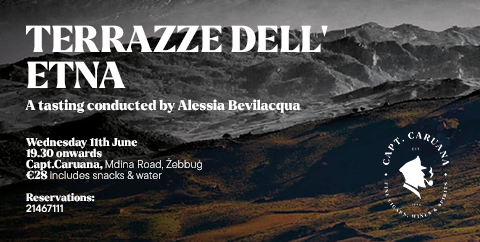Whisky
The origin of Whisky
The term ‘whisky’ derives originally from the Gaelic ‘uisge beatha’, or ‘usquebaugh’, meaning ‘water of life’. Gaelic is that branch of Celtic spoken in the Highlands of Scotland.
Whisky has been distilled in Scotland for hundreds of years. There is some evidence to show that the art of distilling could have been brought to the country by Christian missionary monks, but it has never been proved that Highland farmers did not themselves discover how to distill spirits from their surplus barley.
The earliest historical reference to whisky comes much later, Mr J Marshall Robb, in his book ‘Scotch Whisky’, says: ‘The oldest reference to whisky occurs in the Scottish Exchequer Rolls for 1494, where there is an entry of ‘eight bolls of malt to Friar John Cor wherewith to make aquavitae’. A boll was an old Scottish measure of not more than six bushels. (One bushel is equivalent to 25.4 kilograms)
When King James IV was in Inverness during September 1506, his Treasurer’s Accounts had entries for the 15th and 17th of the month respectively: ‘For aqua vite to the King. . .’ and ‘For ane flacat of aqua vite to the King. . .’. lt is probable that the aquavitae in this case was spirit for drinking.
Indian whisky Australian whisky American Whisky Taiwan Whisky

